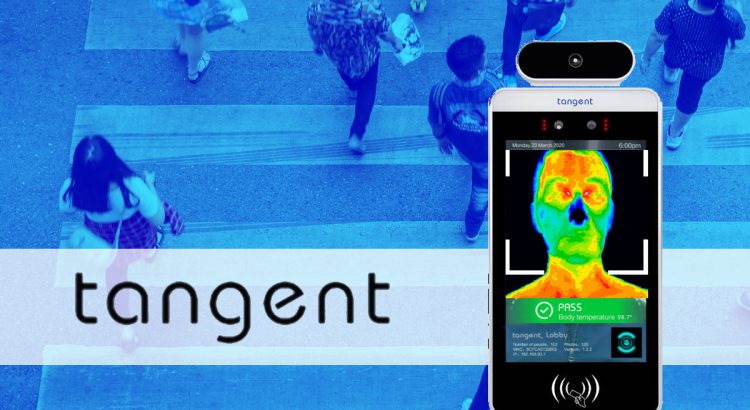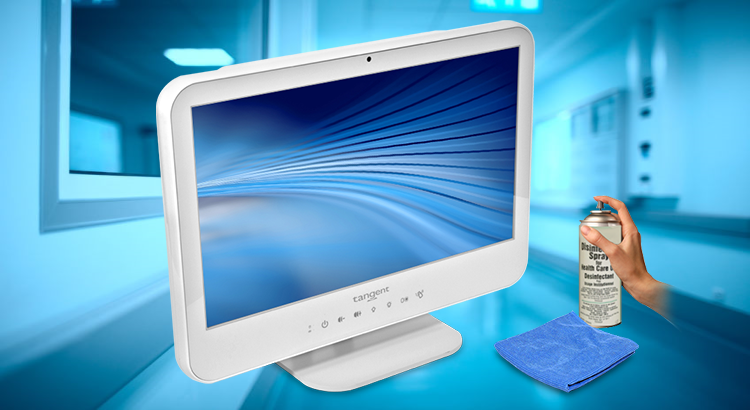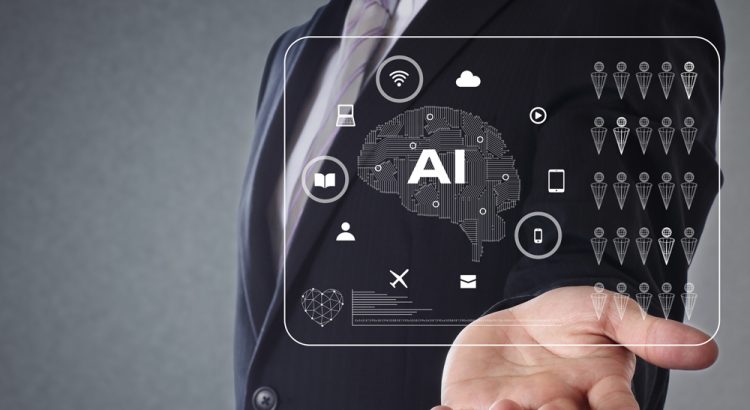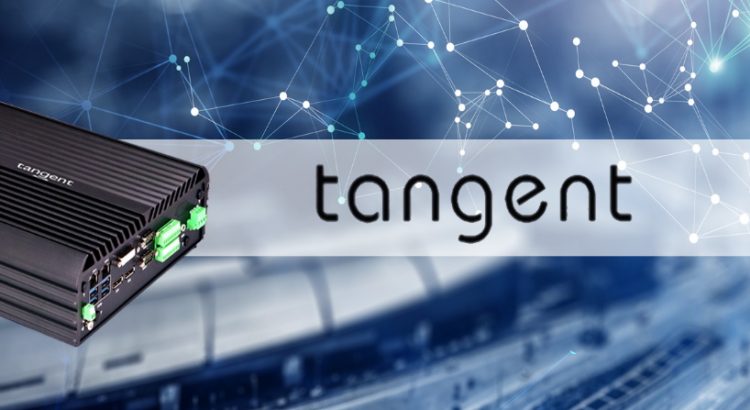This year has been hitting the industrial sector hard, but with demand surging for items such as automobiles there is still hope for the sector to bounce back. But some factories have still seen growth in their productivity during these trying times, making use of the latest technology like industrial grade computers to stay on […]
Category: AI

Easily Take Customer’s Temperature With A Temperature Scanner Kiosk
Keeping both customers and employees safe during this pandemic is the first priority of every essential business. But with case numbers around the U.S. continuing to increase, keeping businesses open in a safe manner is becoming increasingly difficult. How can businesses ensure that only uninfected persons enter their store? Thermal Temperature Scanner Kiosks can help […]

Industrial Grade Computers Versus Commercial Computers
While it may be tempting to think that all computers are created equal, this simply is not the case. Every computer is built for a specific purpose whether or not it is labeled as such. Industrial grade computers are computers that are designed for industrial applications like manufacturing and oil processing. Industrial grade computers differ […]

Industrial Grade Computers For Essential Businesses
Despite everything that is happening, many businesses are still open. Essential businesses are the backbone of our nation’s collective public health effort, and supplying them with the equipment they need is crucial to keeping the U.S. afloat. Critical manufacturing, chemical production, and food production have all been deemed essential, and Tangent remains committed to helping […]

Sanitizable Computers For 24/7 Use
While the current situation the world faces is unprecedented, the healthcare industry has stepped up to make sure that the world remains as safe as possible. Hospitals around the country have made due with limited supplies as supplies of PPE. Working around the clock, hospitals and healthcare workers have stepped up to the plate and […]

Telehealth Computers: How to Effectively Set Up Your Hospital
In these times, it is becoming increasingly risky to have healthy patients enter hospitals where they can easily become disease vectors. Because of this, many hospitals are transitioning doctor visits to telehealth visits. Telehealth refers to medical computer based doctor visits, where a doctor uses a medical computer to video-chat with their patient. Telehealth has […]

Industrial Computers Built To Run 24/7
As the U.S. industrial sector continues to expand, factories are looking for new ways to beat the competition in terms of efficiency and productivity. This may mean that creating multiple shifts and transitioning your facility to operate around the clock is in your factory’s future. But even if your workers can operate in three separate […]

Will AI Replace Doctors In The Near Future?
Every day there seems to be a new artificial intelligence (AI) that can compare our faces to celebrities or swap faces with friends. But recently the New Yorker published a story about how AI could one day take over the news rooms, and the implications of such a feat. AI are becoming increasingly complex, as […]
